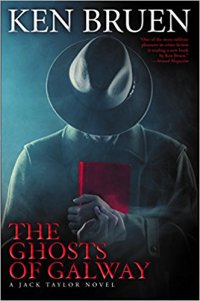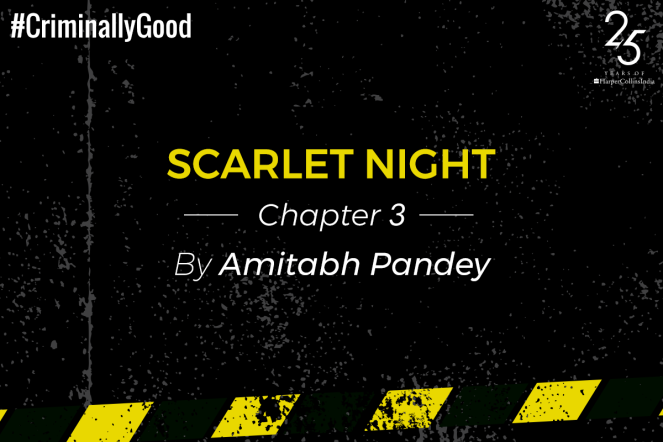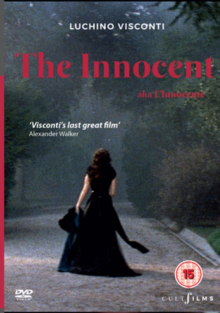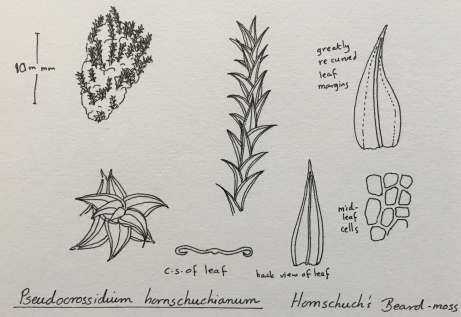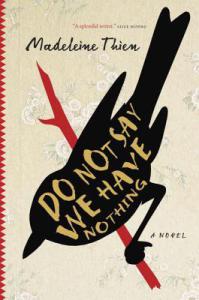 by Madeleine Thien
by Madeleine Thien
ISBN 9780345810427
“It was very modern and deeply Western to listen to music that no one else could hear. Private music led to private thoughts. Private thoughts led to private desires, to private fulfillments or private hungers, to a whole private universe away from parents, family and society.”
In the midst of China’s Cultural Revolution, Sparrow, Kai, and Zhuli enjoy a relatively sheltered existence at the Shanghai Conservatory of Music, where Sparrow is permitted to teach, and his niece Zhuli is permitted to study, despite the fact that Zhuli’s parents have been designated “class enemies.” But soon the forces growing against Westernization and bourgeois occupations like musicianship will overrun the Conservatory as well. In the present day, Marie travels from Vancouver to Hong Kong to try to uncover the details of her father’s mysterious suicide there two decades earlier, and to perhaps find out what has become of Ai-Ming, the Chinese student she and her mother took in during the aftermath of the Tiananmen Square student protests. The two timelines spiral together, uncovering family secrets, and decades of contested Chinese revolutionary history.
Although Madeline Thien’s novel follows two timelines, one bears significantly more weight than the other. The past reverberates into the present, and echoes there, but the present otherwise feels much less significant to Thien’s story than the past. Marie’s first person sections feel rougher and more abrupt, less fluid and polished, less immersive than the third person narrative of the past. She seems more important as a witness to history than as a protagonist in her own right. Her mother, Kai’s wife, has no name of her own, and no backstory. The heart of the tale rests with Sparrow, and Kai, and the results of their choices, their actions, and their failures to act. What will they do to survive the revolution, and what sacrifices will they make in its name?
The novel asks many questions, among them, how does one communicate authentically when everyone is regurgitating slogans and reciting platitudes to protect themselves and their families? In Canada, Marie’s mother cannot even read a letter she receives from China without a dictionary, because she does not know the simplified written Chinese mandated by the state. Do Not Say We Have Nothing offers many alternate forms of communication, from music, to mathematics, to encoded stories, and secret records not written by the victors. However, the Chinese speakers in my book club noted that Thien’s grasp of Chinese was rudimentary, and her use of it often incorrect. The alternate forms of communication become acts of resistance, such as the copying and distribution of illicit literature, or transcribing Western music into jianpu notation to make it more accessible to a Chinese audience. Music itself becomes a loaded form of expression, because it is open to interpretation. The same piece of music can be seen as a revolutionary anthem, or a ballad for those lost in the fighting. In this way, Thien’s fictional composer Sparrow echoes the real Russian composer Dmitri Shostakovich, who was repeatedly denounced and then redeemed during various waves of the Russian revolution. Several such pieces of music are referenced repeatedly, and Glenn Gould’s performances of Bach’s Goldberg Variations become the soundtrack of the story, which circles back on itself in the same way. History repeats, varies, but never fundamentally changes.
The question of how history is recorded and remembered is also fundamental to Do Not Say We Have Nothing. The Book of Records, passed down through generations and families from one steward to the next, both predates and reflects the reality that Marie is slowly uncovering as she delves into her father’s past. The protagonists of The Book of Records find themselves exiled and wandering in the desert, a fate that will eventually befall Zhuli’s parents, Swirl and Wen the Dreamer. Meanwhile, the heroine, May Fourth, takes her name from the early twentieth century movement in China that opposed Japanese encroachment into Chinese territory, a part of history almost forgotten by the characters, and largely unmentioned in the story, but which lives on in the copied and recopied page of the book.
Do Not Say We Have Nothing is slowly paced, and the level of interest was inconsistent between sections. I was also disappointed to learn that neither Thien nor her publisher took the time to ensure that her use of Chinese was correct. However the novel is an interesting portrait of how different characters react to the curtailment of free speech and creative expression under a repressive regime, and asks interesting questions about how we record and remember history.
Advertisements Share this:- Canadian
- Fiction
- Historical Fiction
- Read Diverse 2017
- Read My Own Damn Books

